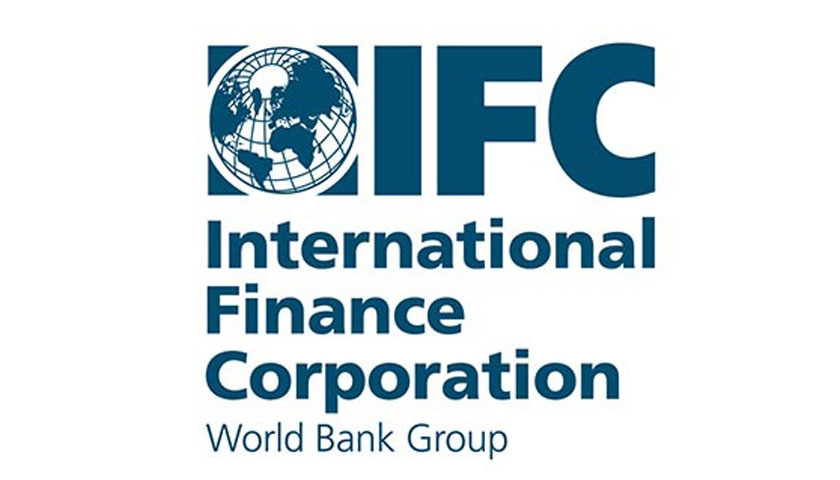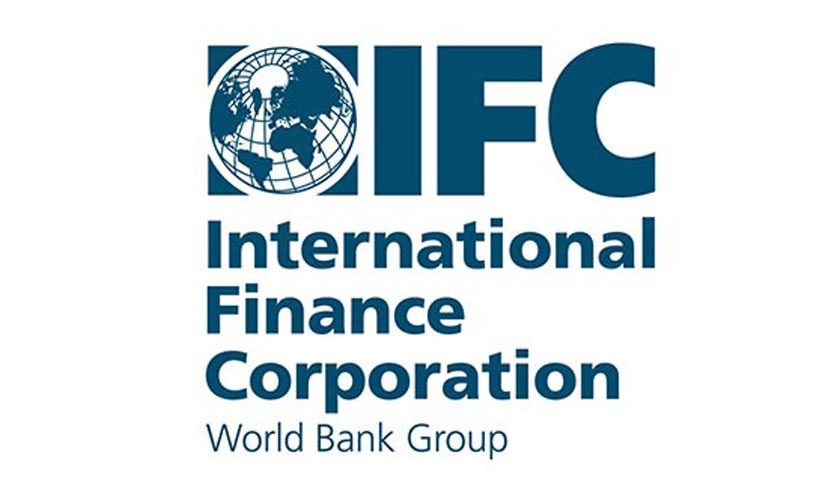To make Brazil’s road transport more affordable with lower toll tariffs and lesser toll processing time, and support Brazil’s capital markets, IFC is investing BRL400 million (around $78 million) in a bridge corporate debenture issued by Concessionária de Rodovias Noroeste Paulista S.A (EcoNoroeste), an indirect subsidiary of EcoRodovias Infraestrutura e Logística, the leading Brazilian toll road operator. The financing supports the development of the road sector while continuing to attract private sector participation in toll roads.
Roads are the backbone of Brazil’s transport and logistics matrix, handling around 65 percent of goods and 90 percent of passenger transport. However, the country’s road network needs major improvement, with only around 12 percent of the roads paved and 85 percent of the highways with single two-way lanes. A crucial sector for the economy, the inadequate road conditions lead to an estimated 33 percent operational cost increase for logistics companies.
EcoNoroeste has recently been awarded a 30-year concession to improve and operate 601 kilometers of brownfield toll road segments in the state of São Paulo. IFC, together with other commercial institutions, participated in the BRL 1,400 million issuance by EcoNoroeste. The debentures will help to fund a portion of the company’s concession fee and initial capital expenditures, including investments in frontage roads, additional lanes, dual-carriageway roads, dedicated bicycle lanes, truck drivers rest areas, operational vehicles fleet and others.
Over the 30-year period of the contract, the concessionaire will invest BRL 10 billion in expansion works and BRL 3.9 billion in highway operation. Expansion works include 123 km of duplication, 123 km of additional lanes, 26 km of frontage roads, 75 km of bicycle paths and 42 footbridges.
As part of the concession agreement with the State of São Paulo, EcoNoroeste will invest in road safety measures that were conceived with the use of iRAP (International Road Assessment Program), an international methodology that aims to reduce the likelihood and severity of accidents. Moreover, the concession contemplates the conversion of barrier toll plazas to free flow tolling gantries, improving traffic fluidity, lowering congestion and GHG emissions. It also contemplates the reduction of toll tariffs and will introduce discounts for electronic payments and frequent users.
EcoNoroeste will also reduce its carbon footprint through several measures such as installing LED lights, using renewable energy, adopting low-carbon fuel vehicles, and applying recycled materials for road construction.
“The northwest logistics corridor, crossing 33 municipalities, is a vital link between São Paulo and the Midwest region. The corridor serves as a major agri-industrial export-oriented cluster where traffic is strongly impacted by heavy vehicles carrying a broad range of load types, including fertilizers and agricultural products. The project will enable the reduction of current tariffs, while through relevant investments improve safety, traffic fluidity, fuel efficiency, and strengthening logistics integration in an important road corridor.” said Marcello Guidotti, CEO of EcoRodovias.
“IFC’s financing to EcoNoroeste will support private investments in crucial transportation infrastructure, which is key to address Brazil’s development needs. A strong and efficient transport sector can help reduce logistics costs and facilitate connectivity between firms and consumers, increasing competitiveness and boosting job opportunities.” said Carlos Leiria Pinto, IFC Brazil Country Manager. “Also, IFC’s participation in a debenture issuance, at a moment of much needed economic recovery, will send a positive signal to the market and help attract more private investments to infrastructure sector in Brazil,” he added.
Since 1957, IFC has been addressing – through investments and advisory services – Brazil’s most critical development challenges, including those of urbanization, social inclusion, competitiveness and productivity, and management of natural resources.

